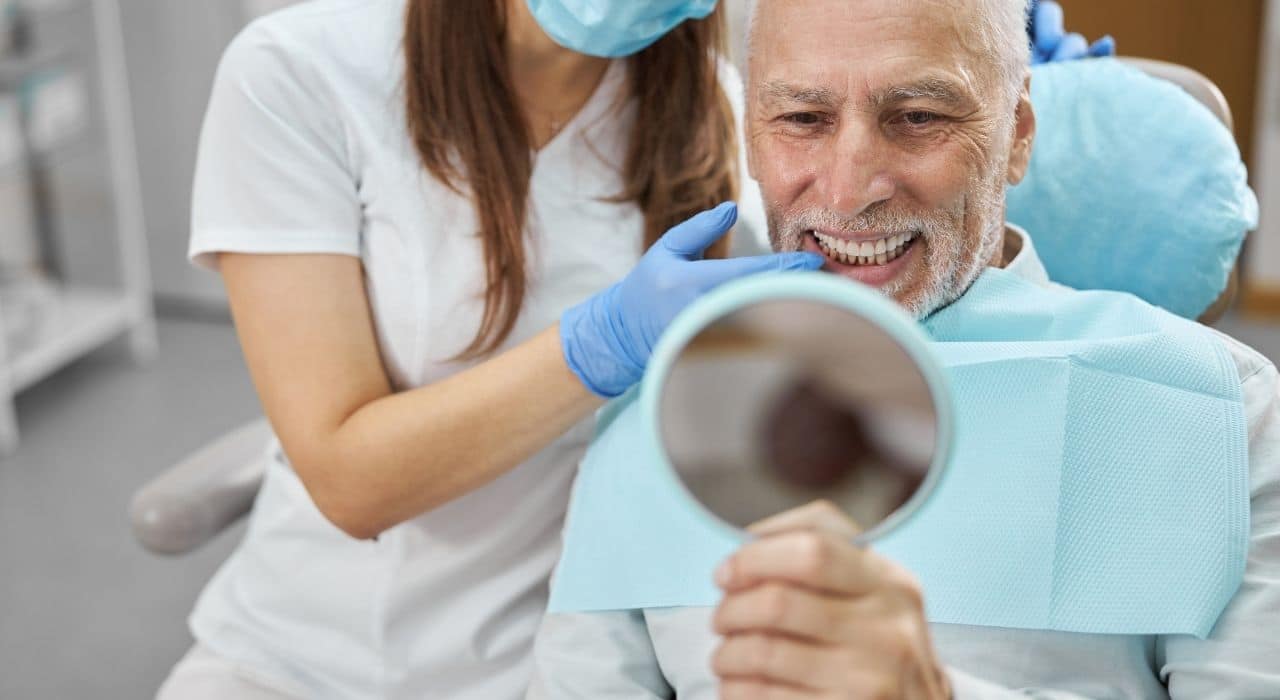Explore Root Canal Therapy
Exploring Root Canal Therapy
Are you looking for an experienced dentist in Lexington who can discuss your treatment options, including root canal therapy? You’re not alone. Root canal procedures are one of the most common dental treatments and can provide long-term relief from uncomfortable symptoms like tooth sensitivity and pain caused by decay or infection deep within a tooth. At our practice, we strive to make sure everyone has access to exceptional care when it comes to their oral health needs – that’s why we offer comprehensive root canal services designed with your comfort in mind. Take some time today to learn more about this procedure so that you have all the information needed when selecting a solution for your oral health issues!
What is root canal therapy and when is it necessary
While no one enjoys the thought of needing root canal therapy, it is a vital procedure that can save a tooth from extraction. During root canal therapy, the nerve and pulp of a tooth are removed in order to clean out any infected or damaged tissue. This process is necessary when a tooth is suffering from deep decay, trauma, or an infection, and allows the tooth to be restored and function normally once again. While the thought of a root canal may be intimidating, modern techniques and anesthesia have made it a much more comfortable experience than in the past. Don’t be afraid to discuss any concerns or questions with your dentist – they are there to ensure the best possible outcome for your oral health.
Benefits of root canal therapy for treating dental pain and infection
Do you suffer from persistent tooth pain or dental infection that just won’t go away? Root canal therapy may be the solution you’re looking for! Not only can it relieve your discomfort, but it can also protect your teeth from further damage. During the procedure, the infected or damaged tissue is removed from the tooth, and the root canal system is cleaned and sealed. This allows your tooth to be saved and fully restored to its natural function. Plus, with advances in technology and techniques, the treatment is now more comfortable and efficient than ever before. So don’t let dental pain and infection control your life. Explore the benefits of root canal therapy and enjoy a healthier, happier smile today!
How to prepare for a root canal procedure
If you are feeling a bit anxious about getting a root canal, take comfort in knowing that it is a common procedure with a high success rate. To prepare for your root canal, start by discussing any concerns or questions with your dentist. They will go over the process with you and ensure that you are comfortable with what to expect. Consider taking the day off from work so that you can rest and recover after the procedure. It’s also a good idea to have soft foods on hand for the first few days of recovery. Most importantly, remember that by getting a root canal, you are taking an important step towards improving your dental health and avoiding more serious issues down the line.
What to expect from the process of a root canal
If you’re facing a root canal, it’s understandable if you’re feeling a bit nervous. However, there’s good news: the process of a root canal is often much easier than patients expect. Your dentist will start by numbing the affected area, so you won’t feel any pain during the procedure. From there, they’ll gently remove any infected or damaged tissue from the inside of your tooth, using specialized tools to ensure that your tooth is completely clean and ready for restoration. While the process may take a bit of time, you’ll be surprised at how comfortable it can be. So, if you’re gearing up for a root canal, take heart and focus on the end result: a healthy, pain-free tooth that will last for many years to come.
Post-procedure care after root canal treatment
Congratulations on completing your root canal treatment! Now it’s time to focus on post-procedure care to ensure that your tooth fully heals. Although the process can seem daunting and uncomfortable, remember that it is a necessary step to save your tooth from further complications. To minimize any discomfort, it’s important to follow your dentist’s instructions carefully. This may include avoiding hot or cold drinks, sticking to soft foods, and taking prescribed medication. By taking care of your tooth properly, you’ll be on your way to a healthier and happier smile in no time!
Ways to reduce the cost of root canal therapy without sacrificing quality
Root canal therapy is a necessary dental procedure that can provide long-term relief from tooth pain and restore dental health. However, the cost of this treatment can be a source of anxiety for many patients. The good news is that there are ways to reduce the cost of root canal therapy without sacrificing quality. One option is to work with your dentist to create a payment plan that fits your budget. Another is to explore dental insurance options that cover part or all of the procedure. Additionally, seeking out a reputable and experienced endodontist can save you money by minimizing the need for repeat treatments. With the right mindset and approach, you can receive high-quality root canal therapy without breaking the bank.
Contact Us Today
Root canal therapy is an effective treatment for dental problems that can help save a tooth from serious damage and infection. It’s also important to remember that the costs of these treatments don’t have to be prohibitively expensive — in fact, there are various ways to save money on a root canal procedure without compromising quality. As always, speaking with your dentist will ensure that you understand all the risks and benefits involved with this type of treatment. If you’re dealing with dental pain or infection and think that you may benefit from a root canal procedure, contact us today at Park Hills Family Dentistry to schedule an appointment. We’ll be happy to discuss your individual situation and come up with an appropriate plan of action for your unique needs. Thank you for taking the time to read about this important topic — we look forward to working with you soon!






